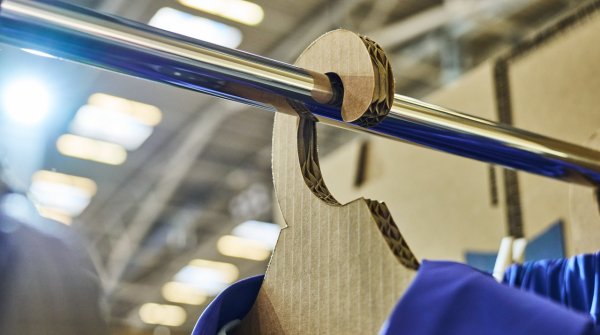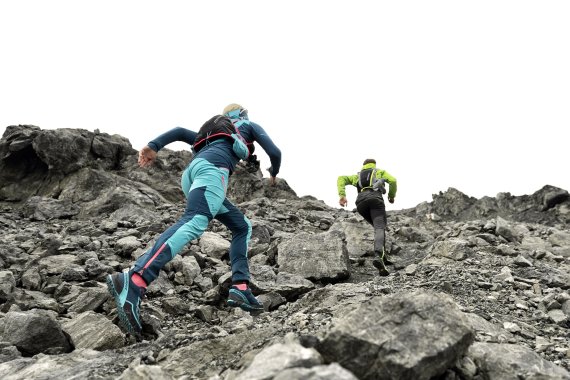
After five weeks of shutdown in brick-and-mortar stores, a lot of goods are now in the stocks. What should happen to the goods that were supposed to be sold in March and April and now no longer match the warm temperatures? Is it still up to date, and if so, for how long? And how does the season progress? Answers to all of these questions must now be found. Above all, "how can we make it okay for both sides?" says Irina Andorfer, Head of Sales Dynafit Germany and Austria. One thing is clear: the damage is great for industry and trade. Both sides are now in an active exchange to find solutions based on partnership. Unfortunately, there is no standard solution for all ranges.
When it became clear shortly after the general shock that the situation would continue, Salewa was one of the first manufacturers to openly address the industry with the idea of postponing large parts of the current summer collection until next year. The aim: the goods should retain their value and not end up in the sale prematurely. Many manufacturers and retailers have now taken up the idea: Dynafit wants to carry over 80 percent of the current F/S 2020 collection from the apparel, footwear and equipment sectors into the coming year. At La Sportiva, the new S/S 2021 collection will consist of 90 percent of the current 2020 collection. Also Ortovox, according to Managing Director Christian Schneidermeier, is reducing the number of new products and extending the runtimes of existing styles, "This means that the products do not have to go on sale in the summer sales, because they will still be up-to-date next year - and we are counteracting the stock devaluation," explains Dynafit managing director Benedikt Böhm.
The measure has met with applause in the trade: "This is a very sensible way of taking pressure off," says Marcus Trute, Managing Director of the multi-channel retailer Keller Sports in Munich, for example. Stefan Herzog, General Secretary of the Association of German Sports Retailers (VDS) and former head of SportScheck also sees it this way: "It would be desirable for industry and trade to make this shift together now and find solutions in partnership, how to regulate the supply and flow of goods and how to bear storage costs."
The problem is that there are now many categories in sport as well, which are very fashionable and therefore tend to be unsuitable for simply being stockpiled for next year. Marcus Trute: "This approach is only suitable for ranges that are not so strongly innovation-driven." However, fashion trends play an important role in athleisure, running, biking, and sneakers. The same applies to jerseys, they too cannot simply be postponed until next year. "We have many retailers with regular customers," says Klaus Haas, Managing Director of Maloja. They want to offer their customers something new next year as well. Besides, everything has long since been developed, a postponement would not save us any costs." In addition, running and biking are sports that have benefited from the crisis, even if not all retailers have benefited. "In the bike sector, the question of shifting product ranges does not arise at all, demand remains high. Google search queries for bikes, clothing and accessories have tripled," says Marcus Diekmann, Managing Director of Multichannel Dealer Rose Bikes from Bocholt. "Bicycles are very interesting for people right now. Money that can't be spent on travel, for example, in the Corona pandemic, goes into biking." Online merchants want to sell the goods now and fresh looks next summer.
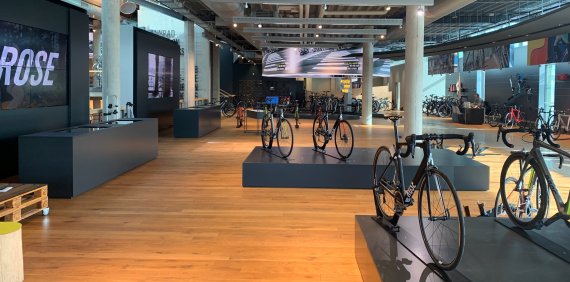
In order to be able to sell as much accumulated merchandise as possible, the current summer season is to be extended. This gives everyone more time to sell, more liquidity, and also takes into account the late F/S 2020 delivery dates, which can now be delivered again when the shops open. "An extension of the season until the end of August, perhaps even into September, would help to reduce the damage from F/S", says Thomas Ganter, Managing Director of the fashion and sports store L&T in Osnabrück. However, this also means that the goods for the coming F/W season have to be postponed. "The current crisis is also an opportunity to link the course of incoming goods closer to the course of the season. This would certainly be a sensible measure for a large number of retailers," Ganter continues. The idea is not entirely new: the industry has been discussing for a long time about adjusting the seasons. Does it really make sense to offer the winter collections already in August? Others, on the other hand, are in favor of postponing the winter only for individual product groups and consider them anyway not to be influenced in view of the impaired supply chains.
The current situation is a challenge for all sides. "Every manufacturer needs a new adjustment. What was actually already completed must now be decided again," says Marcus Trute from Keller Sports. "Everyone is in this situation now." Indeed, industry and trade are now called upon to find viable solutions together. "The question is: What are industry and trade talking about now? Only about cancellations and value dates, or are they discussing in perspective and drawing real lessons from the crisis," says Stefan Herzog from the VDS. He would also like to see a discussion about whether the number of delivery dates and capsule collections is justified with a view to greater sustainability. "We have educated the consumer to want something new as quickly as possible," says Marcus Trute from Keller Sports. "But it makes sense to think about where you can take the pressure and the pace out, how to rethink cycles and sell again at better margins".
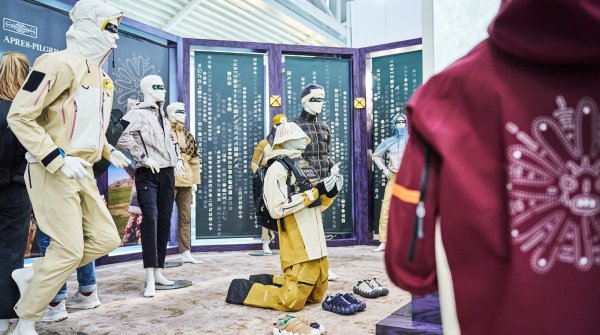 Sports BusinessSustainable ideas for store design
Sports BusinessSustainable ideas for store design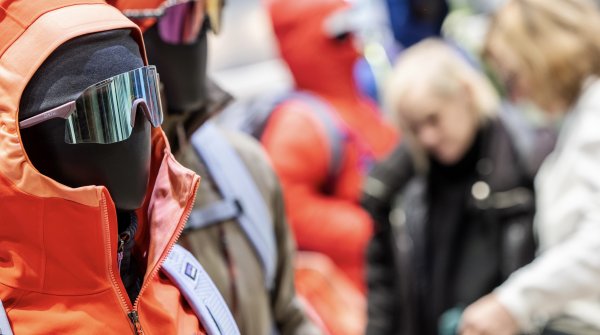 Sports BusinessSports retail in transition: the future playbook for 2025
Sports BusinessSports retail in transition: the future playbook for 2025
- ISPO awards
- Mountain sports
- Bike
- Design
- Retail
- Fitness
- Health
- ISPO Job Market
- ISPO Munich
- ISPO Shanghai
- Running
- Brands
- Sustainability
- Olympia
- OutDoor
- Promotion
- Sports Business
- ISPO Textrends
- Triathlon
- Water sports
- Winter sports
- eSports
- SportsTech
- OutDoor by ISPO
- Heroes
- Transformation
- Sport Fashion
- Urban Culture
- Challenges of a CEO
- Trade fairs
- Sports
- Find the Balance
- Product reviews
- Newsletter Exclusive Area
- Magazine

